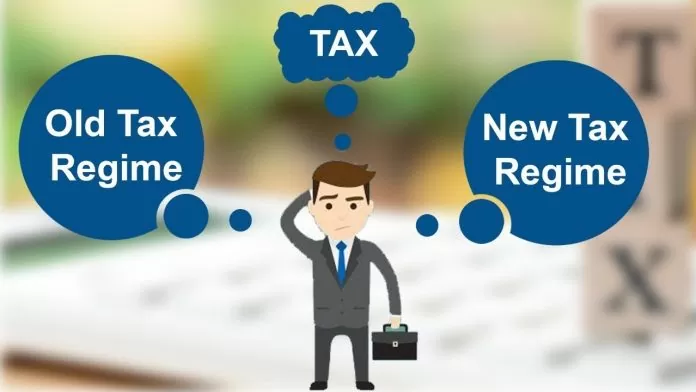
Income Tax Rules: A big announcement has been made regarding income tax in the budget. Under the new tax system, the limit of standard deduction has been increased to 25000. After which, now the scope of standard deduction or 80C has increased to 75000 under the new tax system. At the same time, changes have also been made in the income tax slab under the new tax system. Under this, if your income is less than Rs 3 lakh annually, then you will not have to pay tax. Here you can see the new tax slabs under the new tax system.

The last date for filing income tax for the financial year 2023-24 is 31st July. There is a lot of confusion among the taxpayers regarding the old tax system and/or the new tax system. There are many questions in the mind of every salaried class regarding this. Which we are going to talk about here. First of all, let us tell you that under the current Income Tax Act, taxpayers are being allowed to choose either the old tax system or the new tax system for tax deduction on salary. This option is applicable for the entire financial year.
From April 1, 2023, if an individual taxpayer has not opted for the old tax regime, then his employer will deduct tax from his salary based on the new tax regime. This is because the new tax regime has been implemented as the default option from the financial year 2023-24. At the same time, no changes have been made in the income tax rules in the Interim Budget 2024. Therefore, the new tax regime will remain the default option for the current financial year 2024-25 as well.
To which taxpayers will the new tax system be applicable?
According to the Income Tax Department website, the default option of the new tax regime for deduction of tax on salary will be applicable to the following:
- Individuals
- Hindu Undivided Family (HUF) (except co-operative society)
- BOI
- artificial juridical person
Is it possible to change tax regime while filing ITR?
It is possible to switch to the old or new tax regime while filing ITR. You can do this by selecting the option while filing your income tax return (ITR filing). You have to select a checkbox for the old or new tax regime and provide the details in Form 10IE.
According to the income tax website, if you want to opt for the old tax regime and you are eligible to file returns in ITR 1 and 2, choose the relevant option directly in the ITR and file the return within the prescribed due date. If you are eligible to file returns in ITR 3, 4 and 5, you must file Form 10-IEA before the due date under section 139(1).
Compare liabilities before filing ITR
However, before filing income tax return (ITR Filing 2024), be sure to compare tax liabilities under the new and old tax regime. Click on the Income Tax Calculator link for tax liability calculation.
In the ITR form, the individual is asked “Do you want to opt out of the new tax regime under section 115BAC(6)? (Default is No)”. If you choose no, your tax liability will be as per the new tax regime slab. While choosing yes means you are opting for the old tax regime. In such a case, you will pay tax as per the income tax slab under the old tax regime.
How many times can I change the income tax regime?
You can switch between the new and old tax regime every year. But it is important to note that this facility is only for the salaried class who do not have any business income. If you have a business, you cannot switch between the two regimes.
If you want to opt for the old tax regime while filing your ITR, file your ITR on or before the due date. If you delay it, tax will be calculated as per the new tax regime.
 look news india
look news india